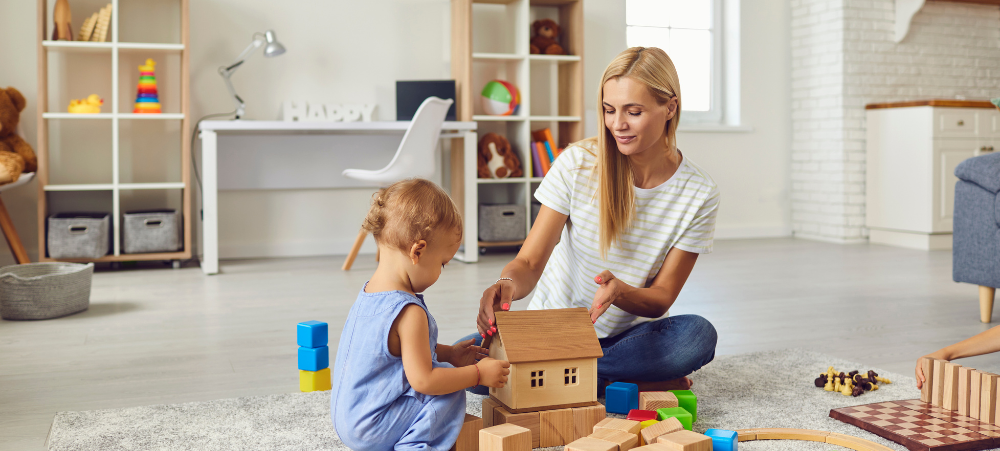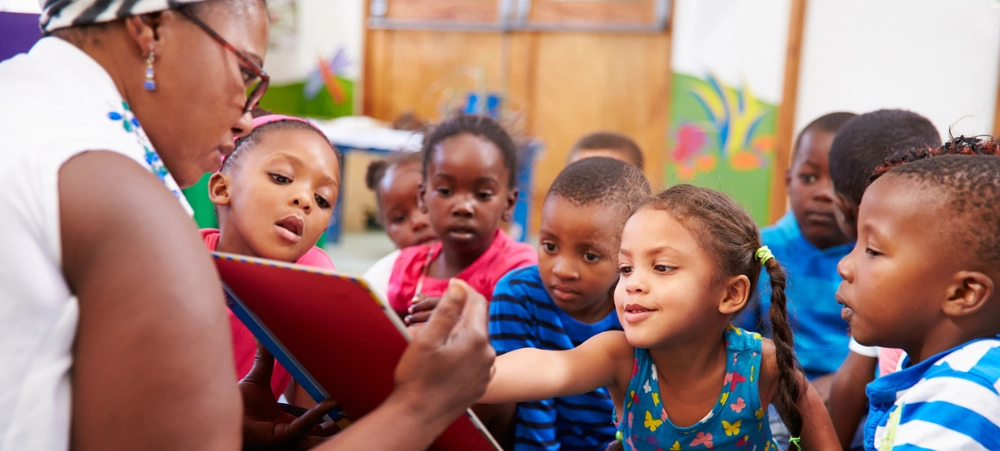Watching your child grow and learn is one of the most rewarding parts of parenting. Early education milestones provide helpful markers to understand your child’s development and ensure they’re on track with skills they’ll need in school and life.
While every child develops at their own pace, knowing typical milestones can guide you in supporting your child’s learning journey—and alert you early if extra help is needed.
Here’s an overview of key early education milestones from birth to age five:
Birth to 12 Months: Foundations of Learning
- Language: Responds to sounds, babbles, and begins saying simple words like “mama” or “dada.”
- Motor Skills: Rolls over, sits without support, and may start crawling.
- Social: Smiles, laughs, and responds to familiar faces.
1 to 2 Years: Exploring and Communicating
- Language: Uses 50+ words, starts combining two-word phrases.
- Motor Skills: Walks independently, begins to run, and climbs on furniture.
- Cognitive: Begins to solve simple problems (e.g., opening a box).
- Social: Shows preferences for certain people and toys, imitates adult actions.
2 to 3 Years: Building Independence
- Language: Speaks in short sentences, asks questions like “why?”
- Motor Skills: Jumps, kicks a ball, and starts to draw simple shapes.
- Cognitive: Begins pretend play and sorts objects by shape and colour.
- Social: Plays alongside other children and begins sharing.
3 to 4 Years: Developing Skills
- Language: Uses longer sentences, understands more complex instructions.
- Motor Skills: Balances on one foot, uses scissors, and hops.
- Cognitive: Counts objects, recognises some letters and numbers.
- Social: Engages in cooperative play and expresses a range of emotions.
4 to 5 Years: Ready for School
- Language: Tells stories, uses future tense, and understands time concepts.
- Motor Skills: Rides a tricycle, catches a ball, and writes some letters.
- Cognitive: Understands cause and effect, can focus on tasks longer.
- Social: Makes friends, shows empathy, and follows rules.
Tips for Supporting Milestones at Home:
- Talk Often: Narrate your day, ask questions, and encourage your child to express themselves.
- Read Together: Reading daily builds vocabulary and imagination.
- Play Actively: Play is learning—encourage exploration and creativity.
- Provide Routine: Consistency helps children feel secure and focused.
- Watch and Celebrate: Recognise milestones, but remember every child is unique.
When to Seek Help
If you notice your child is consistently missing several milestones or seems to struggle with basic skills, consider discussing your concerns with a paediatrician or early childhood specialist. Early intervention can make a significant difference.
Final Thought:
Knowing early education milestones empowers you as a parent to provide the best support for your child’s growth. Celebrate their unique journey, and enjoy the adventure of learning together!
📚 Sources:
- Centers for Disease Control and Prevention (CDC). (2023). “Milestone Tracker.” https://www.cdc.gov
- Zero to Three. (2022). “Developmental Milestones.” https://www.zerotothree.org
- American Academy of Pediatrics. (2021). “Early Childhood Development.”
- Harvard University Center on the Developing Child. (2020). “Serve and Return.”
We understand that there are many aspects that encompass a Mother, Father or Child and strive toward providing resources and services that accommodates this.
Our content is aimed to inform and educate families on issues starting from pregnancy through to the challenges of the teen-age years.
- Say Hello to the Ultimate Holiday Brunch Bite - December 17, 2025
- Tiny Toons Looniversity Returns: Meet the Voice Behind Plucky and Hamton! - December 12, 2025
- From Pain to Possibility: Panado®’s New Marketing Campaign, Highlights The Joy Of Pain Relief - December 10, 2025





